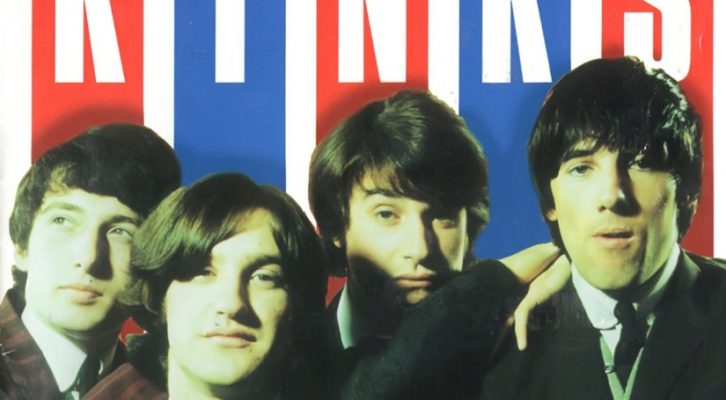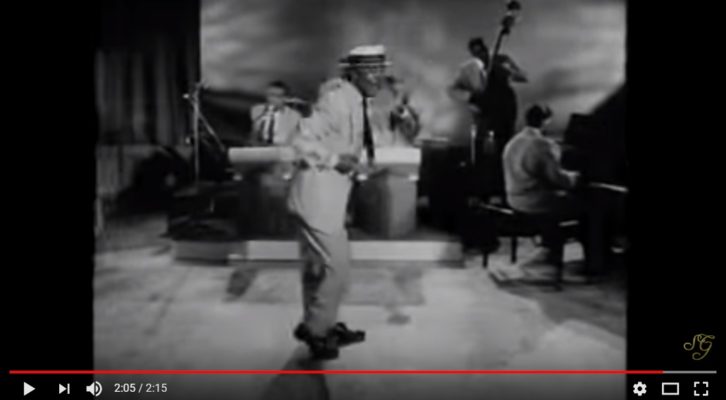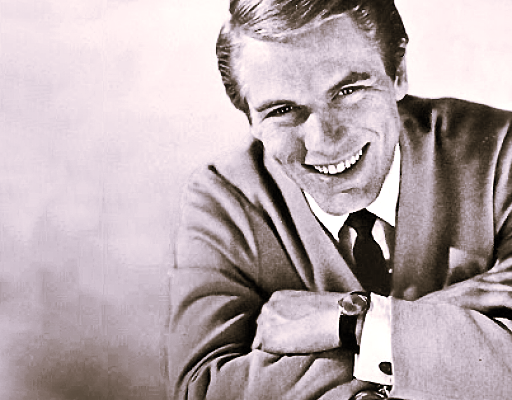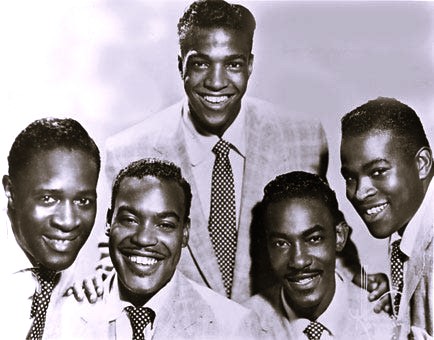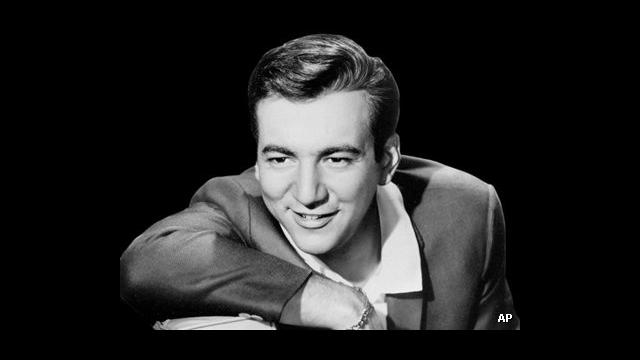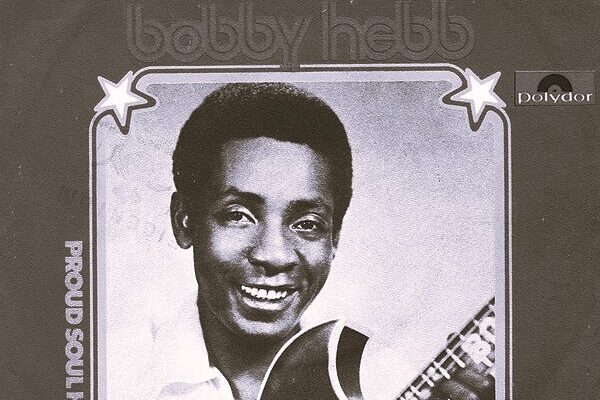7 Facts About Crispian St. Peters That Will Surprise You
Learn about Crispian St. Peters, the English pop singer-songwriter known for his hit ‘The pied piper’. While names like Adam Faith and Mama Cass are familiar from this musical era, there’s more trivia and stories to discover beyond who invented the moonwalk.
In this feature, Jukebox Saturday Night shares seven surprising facts about Crispian St. Peters that will grab your attention and make you want to know more about this music genius. Join us as we look at the less-known sides of a true pop pioneer.
Fact #1: Crispian St. Peters is not his real name.
Born as Robin Peter Smith, he became known as Crispian St. Peters because he wanted a name that would stick in people’s minds. In the 1960s, the music world was crowded, and having a unique name could help an artist get noticed.
He picked Crispian St. Peters for a few reasons:
- The name Crispian made him stand out as unique, while St. Peters added a touch of formality and elegance.
- More than just liking the name, the move was a clever strategy to leave a lasting impression.
- A memorable stage name made it easier for him to be remembered by fans and people in the music industry.
Additional facts about his name and public image
St. Peters became famous with his hit songs ‘The pied piper’ and ‘You were on my mind’, both big hits in the 1960s. His stage name and the public persona he developed were perfectly suited to the image of a pop star of that era, playing a big part in his international success.
Fact #2: He learned how to play the guitar as a child.
As a child, he started playing the guitar and devoted many hours to mastering it. He was dedicated from the start, spending lots of time on chords and songs. His family supported his interest, and the musical environment at home played a big part in his growth. He grew up in Swanley, Kent, surrounded by music.
His parents often played various types of music, which broadened his musical tastes. At school, he had music lessons that helped develop his skills, with teachers who encouraged his talent.
Music as a form of expression
Music was a big part of his community, offering a way to be creative and express himself. This backdrop supported St. Peters as he evolved as a musician. He took part in school plays and local talent shows, which built his confidence on stage. By his teenage years, he was playing in local bands and became known in his area.
These early years with the guitar laid the groundwork for his later success. Crispian’s commitment to music from a young age laid a solid foundation for his achievements, reflecting his deep love for music.
Fact #3: He used to be involved in the skiffle music scene.
Before he became well-known, St. Peters was deeply involved in the skiffle music scene. Skiffle is a style that often uses improvised instruments like washboards and tea-chest basses, and it played a crucial role in his early musical development.
Performing in skiffle bands
He played with bands like The Hard Travellers, dedicating himself to the genre. Skiffle was a major trend in the UK during the 1950s and had a big influence on his musical style. The genre’s simple, catchy rhythms helped him learn how to craft engaging music.
Learning and growing in music
Being active in the skiffle community taught Crispian important musical skills and how to capture the attention of an audience. The do-it-yourself spirit and the community aspect of Skiffle encouraged his creative independence. His time in these bands enhanced his performances and set him up for later success by teaching him how to connect with listeners and embrace various musical styles.
Fact #4: He had a difficult relationship with management.
Crispian St. Peters often faced challenges with his management, which had a big impact on his career:
- Conflicts with managers. He regularly had disagreements with his managers, which affected his music projects and tours. These clashes influenced the direction of his work and his professional relationships.
- Fighting for artistic freedom. He had a strong personality and was determined to have control over his creative work. This sometimes caused tension and disputes as he fought for his artistic vision.
- Financial disagreements. Problems with contracts and money disagreements brought a lot of stress and uncertainty. Issues with royalties and earnings further added to these tensions, making it hard for him to concentrate on his music.
These management difficulties had a lasting effect on St. Peters’ career, shaping both his professional journey and his legacy in the music industry.
Fact #5: He wrote songs for other artists.
Aside from being a singer, St. Peters was also a gifted songwriter. He composed songs for other artists, showcasing his broad musical talent.
St. Peters wrote across different music genres, showing his flexible approach and deep musical knowledge. He also worked with various artists, adding his special touch to their music with his unique lyrics.
Many of the songs he penned became popular hits, such as ‘I’ll give you love’ for Australian singer Marty Kristian. Although he didn’t always receive public credit for his work, his behind-the-scenes contributions were crucial to the success of these songs.
Crispian St. Peters may not be the first person you think of as a songwriter, but his work has made a lasting impact, even if he wasn’t well-known for it.
Fact #6: He once claimed to be better than The Beatles.
Crispian St. Peters once claimed he was better than top bands like The Beatles, a statement that quickly made headlines and sparked debates among fans and critics. This bold claim increased his fame but also brought controversy that affected his relationships in the music industry.
Following this, he experienced a downturn in his career. Despite his considerable talent, he struggled to maintain the level of success and recognition he had previously enjoyed. Negative media coverage and disapproval from industry insiders contributed to a decline in his career, overshadowing his contributions to music.
Fact #7: He maintained a loyal following despite his declining career.
Crispian St. Peters continued to perform and connect with his fans long after his peak years. His charisma and ability to evolve with the changing music scene helped maintain a loyal following.
Enduring influence in music
Despite the ups and downs of his career, he made a lasting impact on the 1960s pop scene. Even after making bold claims about his talent compared to other artists, which led to a decline in popularity, he kept making music. He adapted to new styles, moving into country and western music in the 1970s and participating in the nostalgia circuit in the 1990s.
Overcoming health challenges
In his later years, St. Peters faced significant health challenges, including a stroke, which affected his performance. Despite these difficulties, he continued to write and arrange music, showing his deep commitment to his craft, until he retired in 2001.
His career path from pop sensation to persevering music veteran illustrates the unpredictable nature of fame and the strong bond artists can maintain with their audience through dedication and adaptability.
Key points to remember
- Unique name. Crispian St. Peters, born as Robin Peter Smith, chose a distinctive stage name that helped him become famous in the busy 1960s music scene.
- Early guitarist. He started playing the guitar as a child, spending many hours mastering it, which built a strong foundation for his music career.
- Skiffle roots. St. Peters was deeply involved in the skiffle music scene, shaping his early musical style and skills.
- Management struggles. He frequently had disputes with his management about creative and financial matters, affecting his career.
- Songwriter. He also wrote songs for other artists, showcasing his versatility and deep understanding of music.
- Bold claim. He once made headlines by claiming to be better than The Beatles, earning both fame and controversy.
- Lasting connection. Despite various career challenges, he kept a loyal fanbase, embraced new musical styles and dealt with personal health issues.
Step into a musical time machine with Jukebox Saturday Night, where timeless hits keep your memories alive.







